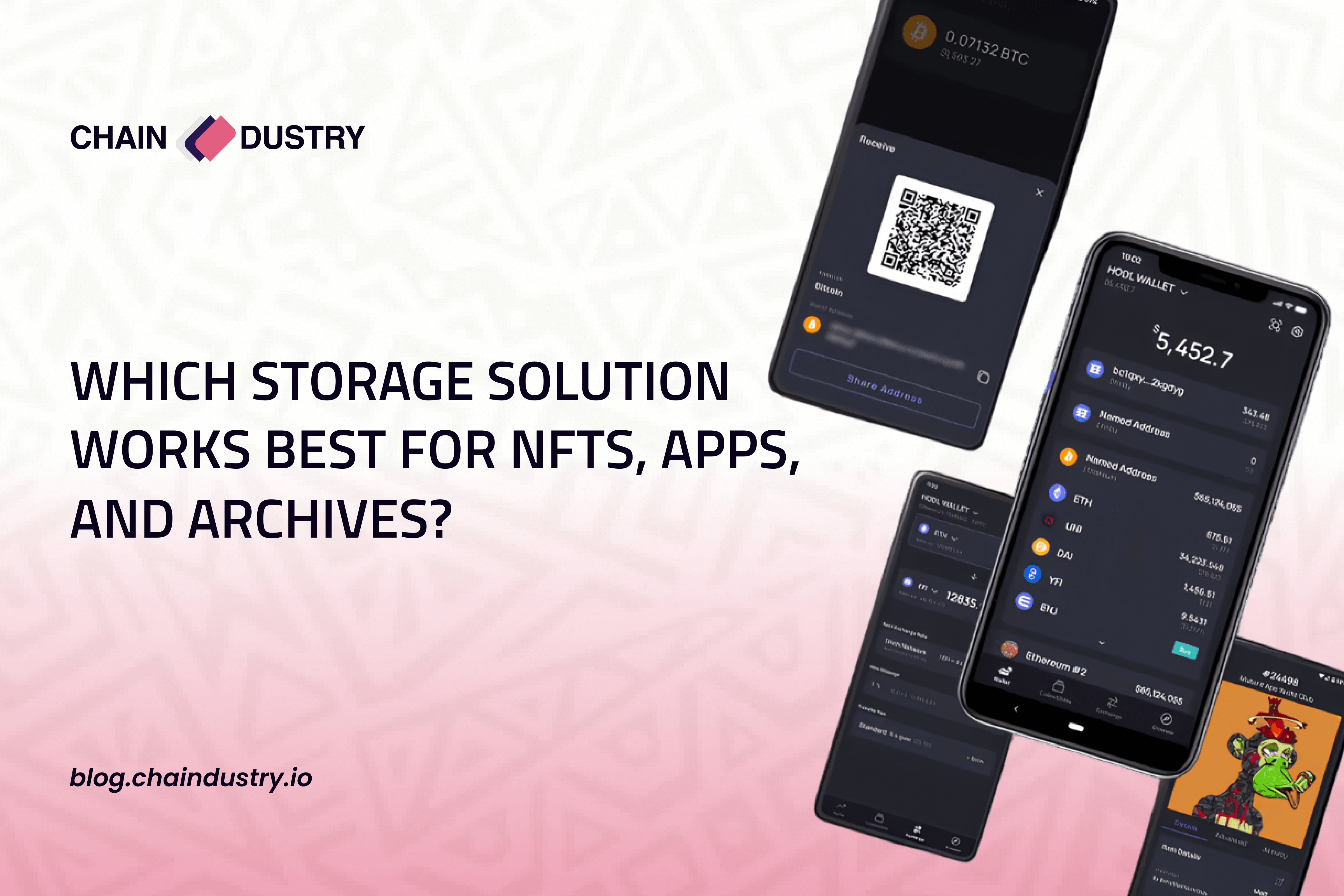Introduction
The world is swimming in data, and traditional cloud platforms are struggling to keep up. Developers, creators, and businesses want storage that’s secure, censorship-resistant, affordable, and built for the future but not controlled by a single corporation. That’s where decentralized storage solutions like Arweave, Filecoin, and IPFS take center stage. But here’s the real question: which one actually fits your use case? If you’re storing an NFT collection, running a Web3 app, or archiving data for decades, the answer isn’t the same. Let’s cut through the marketing noise and get into the real-world breakdown.
Arweave vs. Filecoin vs. IPFS: The Straightforward Comparison
1. Arweave — Best for Permanent Storage
Arweave is the “save it once, keep it forever” option. It’s built for permanence. When you upload data, the network gives you a one-time upfront cost and stores it indefinitely. Where Arweave Shines
1.Archiving documents that must not change
2.Storing NFT metadata and artwork permanently
3.Long-term knowledge preservation
4.Compliance-oriented industries that need immutable records
Why People Choose It
The pricing model is predictable. You’re not worrying about monthly bills or renewals. If permanence is your north star, Arweave is the clear pick.
2. Filecoin — Best for Large-Scale, Flexible Storage
Filecoin is the heavyweight. It’s designed to compete with AWS-level storage but without centralized control. Unlike Arweave, Filecoin doesn’t promise permanence, but it does offer massive capacity and user-controlled contracts. Where Filecoin Shines 1.Enterprise-level storage
2.Web3 apps that need large data handling
3.Media files: videos, game assets, large archives
4.Businesses that want customizable storage contracts
Why People Choose It
Filecoin is scalable, cost-efficient, and highly customizable. If you need to store a lot of data or run a data-intensive application, this one wins.
3. IPFS — Best for Distributed App Content Delivery
IPFS isn’t technically “storage”, it’s a peer-to-peer file distribution protocol. Think of it as the backbone network many Web3 apps use, while Filecoin or Arweave provide actual persistence.
Where IPFS Shines 1.Decentralized websites
2.DApps that need content delivered fast
3.NFT metadata hosting (when paired with Filecoin or Arweave)
4.Any app that relies on distributed content addressing
Why People Choose It
IPFS is free, fast, and ideal for apps where users only need stable access, not permanent archiving.

So…Which One Works Best for NFTs, Apps, or Archives?
Best for NFTs: ArweaveCollectors want permanence. Creators want credibility. Arweave gives both. No broken metadata, no expired links, no “oops—it’s gone.”
Best for Apps: Filecoin + IPFSThis combo is the sweet spot for DApps: IPFS handles distribution Filecoin handles long-term storage Developers love the reliability and the scale.
Best for Archives: ArweaveNothing beats permanent, tamper-proof storage for sensitive files, historical data, or corporate records.
Best for Massive Data Sets: FilecoinIts marketplace-style contracts give you control and predictable pricing for big workloads.
Conclusion
Arweave, Filecoin, and IPFS aren’t competitors, they’re specialized tools built for different storage realities. If permanence is your priority, Arweave is unbeatable. If you need large-scale or app-centric storage, Filecoin takes the crown. And if your focus is fast, distributed content delivery, IPFS is your go-to. The smartest strategy? Many businesses use two or even all three. In Web3, your data strategy doesn’t have to be one-size-fits-all, it just needs to be future-proof.
